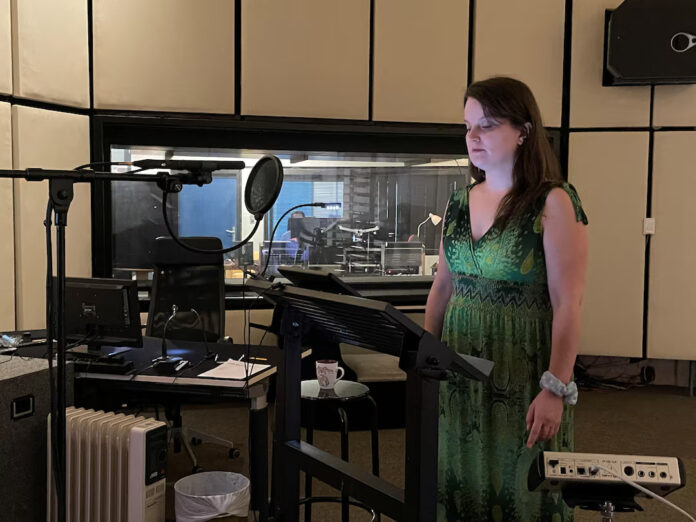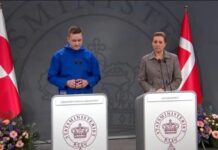
As artificial intelligence reshapes global entertainment, Europe’s voice actors are raising alarm over the growing use of AI in dubbing, warning that the technology could compromise artistic quality, threaten jobs, and erode intellectual property rights.
Boris Rehlinger, the well-known French voice behind Hollywood stars such as Ben Affleck and Joaquin Phoenix, is among those leading the resistance. “I feel threatened even though my voice hasn’t been replaced by AI yet,” Rehlinger said. He is part of TouchePasMaVF, a French initiative campaigning to safeguard human-led dubbing from automation.
Traditionally, dubbing involves a full team of actors, translators, dialogue adapters, directors, and sound engineers working together to create seamless local versions of foreign films and shows. The process has become vital with the rise of streaming platforms like Netflix, which heavily rely on dubbed content to reach international audiences.
Consumer trends support this shift: according to research firm GWI, 43% of viewers in Germany, France, Italy, and the UK prefer dubbing over subtitles. The dubbing industry is forecast to grow to $4.3 billion in 2025 and reach $7.6 billion by 2033, according to Business Research Insights.
However, the rapid development of AI-generated voices is disrupting the field. AI companies argue the technology brings speed and efficiency, and say human input remains crucial for emotion, nuance, and quality. Yet voice actors and industry groups across Europe are urging the EU to regulate AI usage, including requiring informed consent when AI is trained on artists’ voices, clear labeling of AI-generated content, and fair compensation for voice use.
“We need legislation. Just as we created traffic laws after the car replaced the horse-drawn carriage, we need new rules for AI,” Rehlinger added.
In Germany, the VDS voice actors’ association launched a viral TikTok campaign in March titled “Let’s protect artistic, not artificial, intelligence”, which received 8.7 million views. A related petition garnered over 75,500 signatures. Cedric Cavatore, a VDS member known for voicing roles in video games like Final Fantasy VII Remake, warned that without intellectual property protections, creative production would dwindle out of fear of theft.
The AI debate echoes earlier tensions in Hollywood, where the 2023 actors’ strike led to new union guidelines on AI. Under the updated SAG-AFTRA contract, AI-assisted dubbing is permitted only if human actors are involved and compensated. Netflix, for instance, has tested generative AI to synchronize lip movements with dubbed dialogue but continues using local actors for voice delivery. The company declined to comment on its current dubbing practices.
Studios across Europe are cautiously experimenting. Neue Tonfilm Muenchen, a German dubbing house, has explored hybrid AI-human workflows. “The real danger is normalizing poor-quality AI dubbing just because it’s cheap,” said Eberhard Weckerle, the studio’s managing director.
One controversial case was the German-dubbed version of the Polish series Murderesses, which used a blend of AI and human voices developed by Israeli startup DeepDub. After viewer backlash over its robotic dialogue, streaming service Viaplay pulled the series and said it would reserve dubbing for select content going forward.
Despite such concerns, audience sentiment remains mixed. GWI reports nearly 50% of viewers say AI dubbing would not affect their opinion of content, while only 3% say they’d enjoy it more.
Some innovators see AI as a complementary tool. Stefan Sporn, CEO of Audio Innovation Lab, whose AI dubbed the Chinese film Black Dog into German, said interest is growing across producers and advertisers. “AI won’t replace humans entirely, but it will reshape the process,” he noted.
Flawless AI, another startup, positions itself as an ethical player, using AI to match actors’ lip movements across languages while involving local voice talent. Co-CEO Scott Mann said: “When used responsibly, AI is a silver bullet for revolutionizing filmmaking.”
Still, for voice actors like Rehlinger, the question remains: will the future of dubbing be driven by innovation or by regulation, and at what cost to the human voice behind the performance?
Written By Rodney Mbua


















